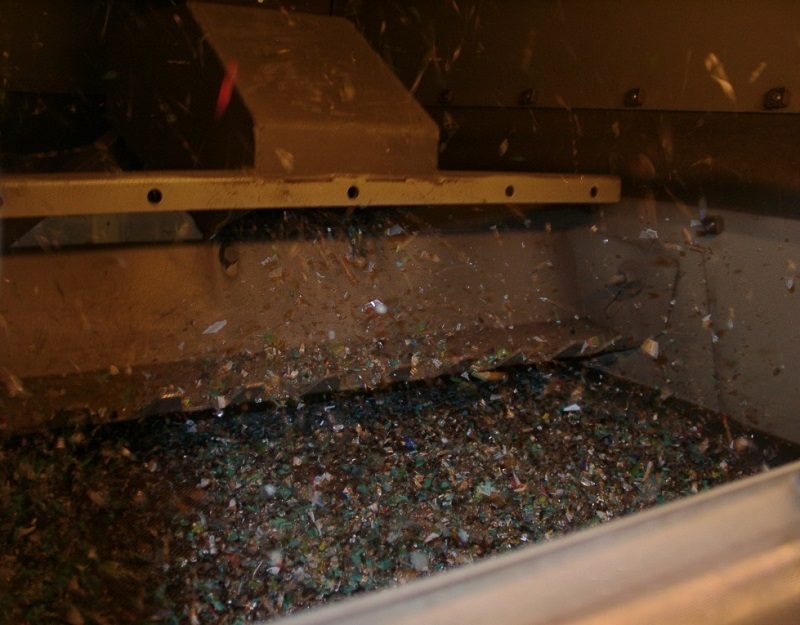Prof. Dr.-Ing. Thomas Pretz
Sebastian Kaufeld M.Sc.
Jig machines and pneumatic tables are the principal means of sorting metals with grain sizes in the < 20 mm range from waste flows. Using this technique, an assembly of grains is separated according to density by means of a pulsating stream of air or water. Due to the large difference in the density of metals and organic components, the underlying separation principle of this technique seems to be particularly suitable for the selective separation of metals from waste flows.
Solutions for fine grit treatment of waste flows containing metals should be sought,through the modification and development of the above-mentioned aggregates. The recovery and enrichment of valuable metals in waste fractions by means of the targeted adaptation of materials, processing and technique parameters should also be aimed for.

Publications by Sebastian Kaufeld M.Sc.